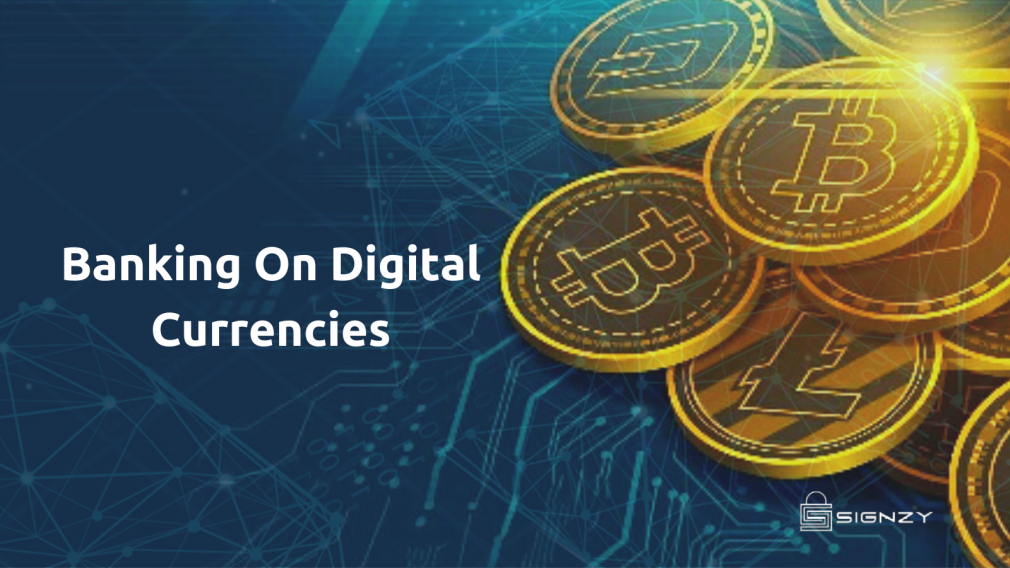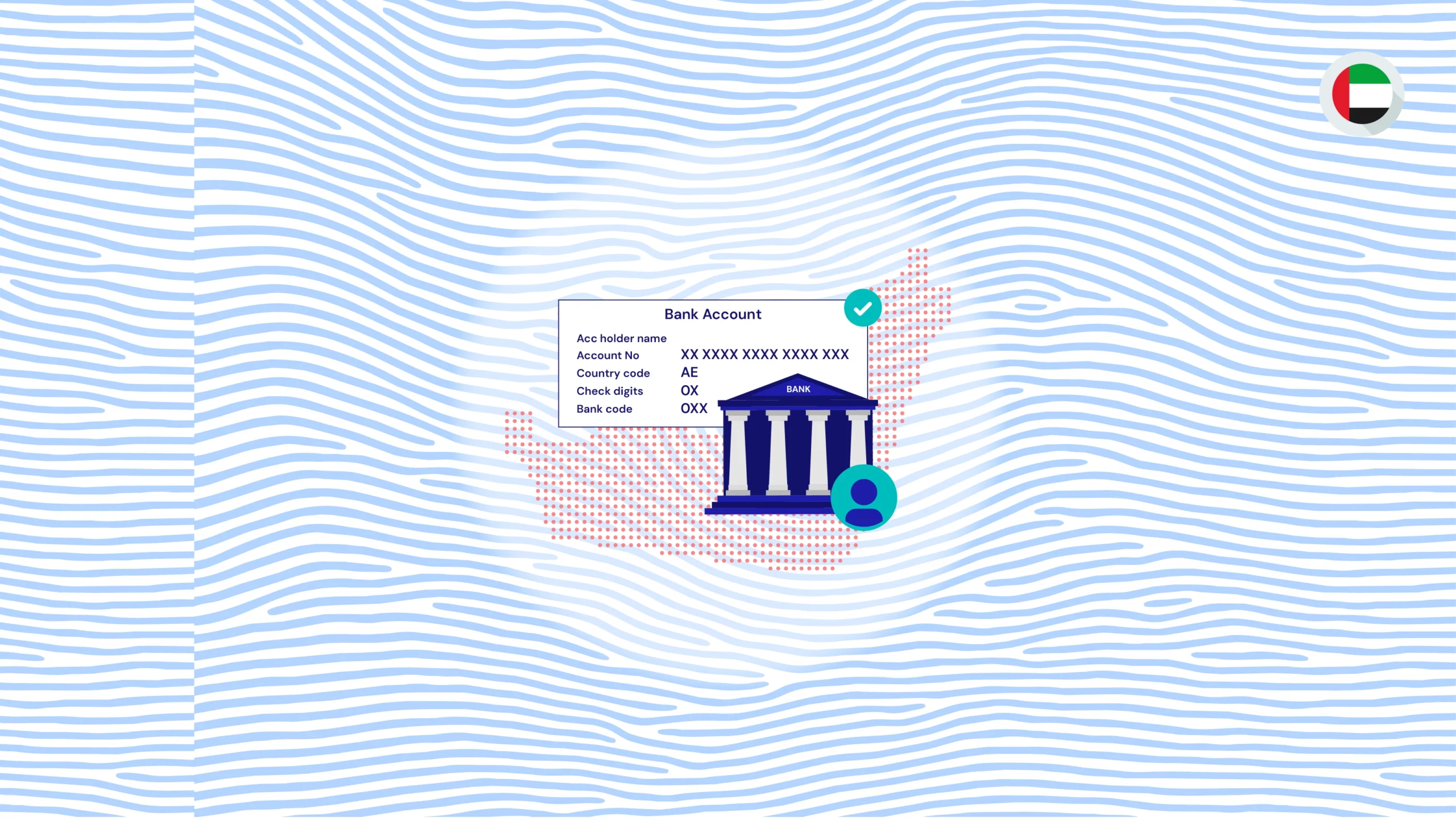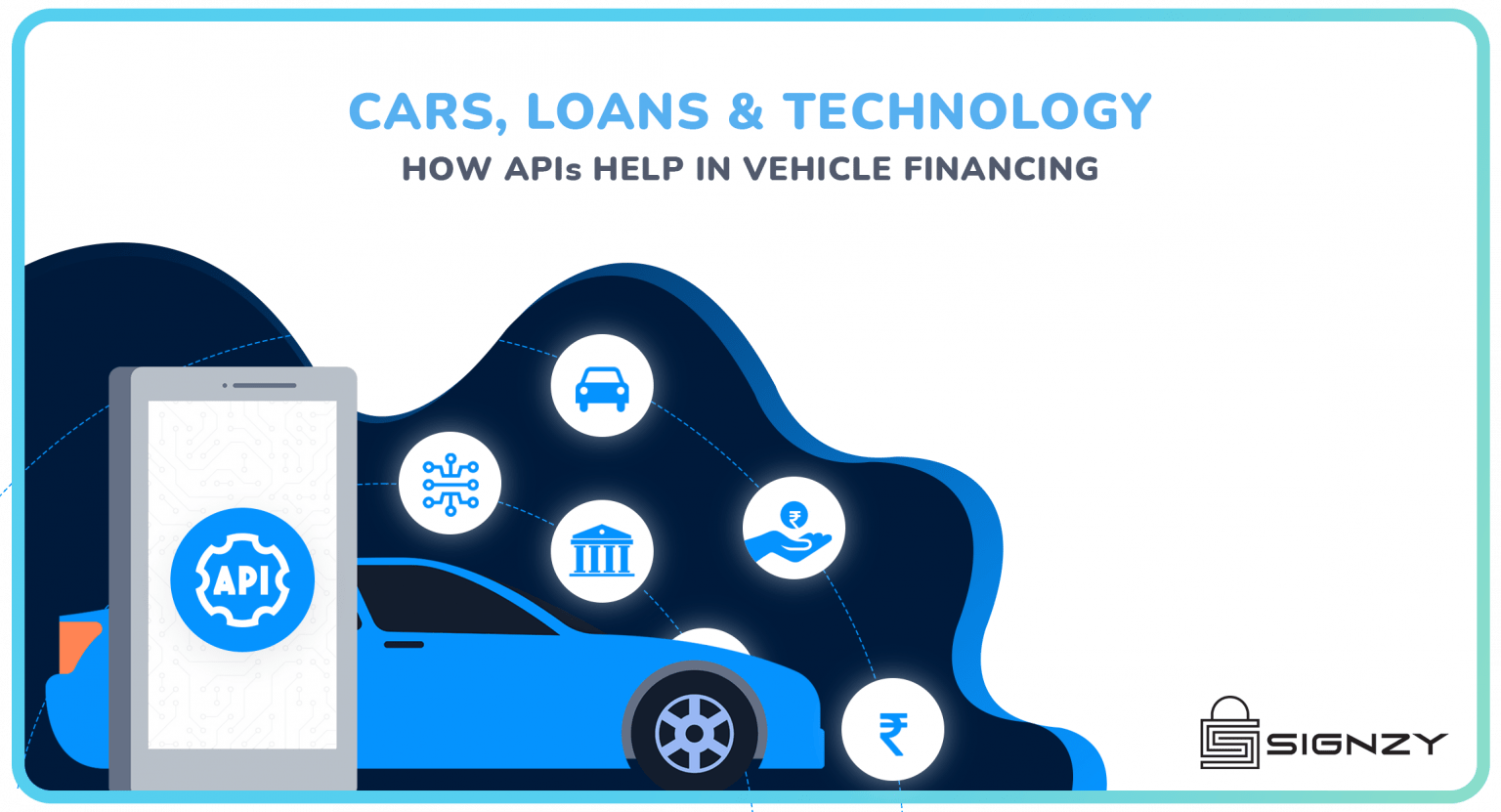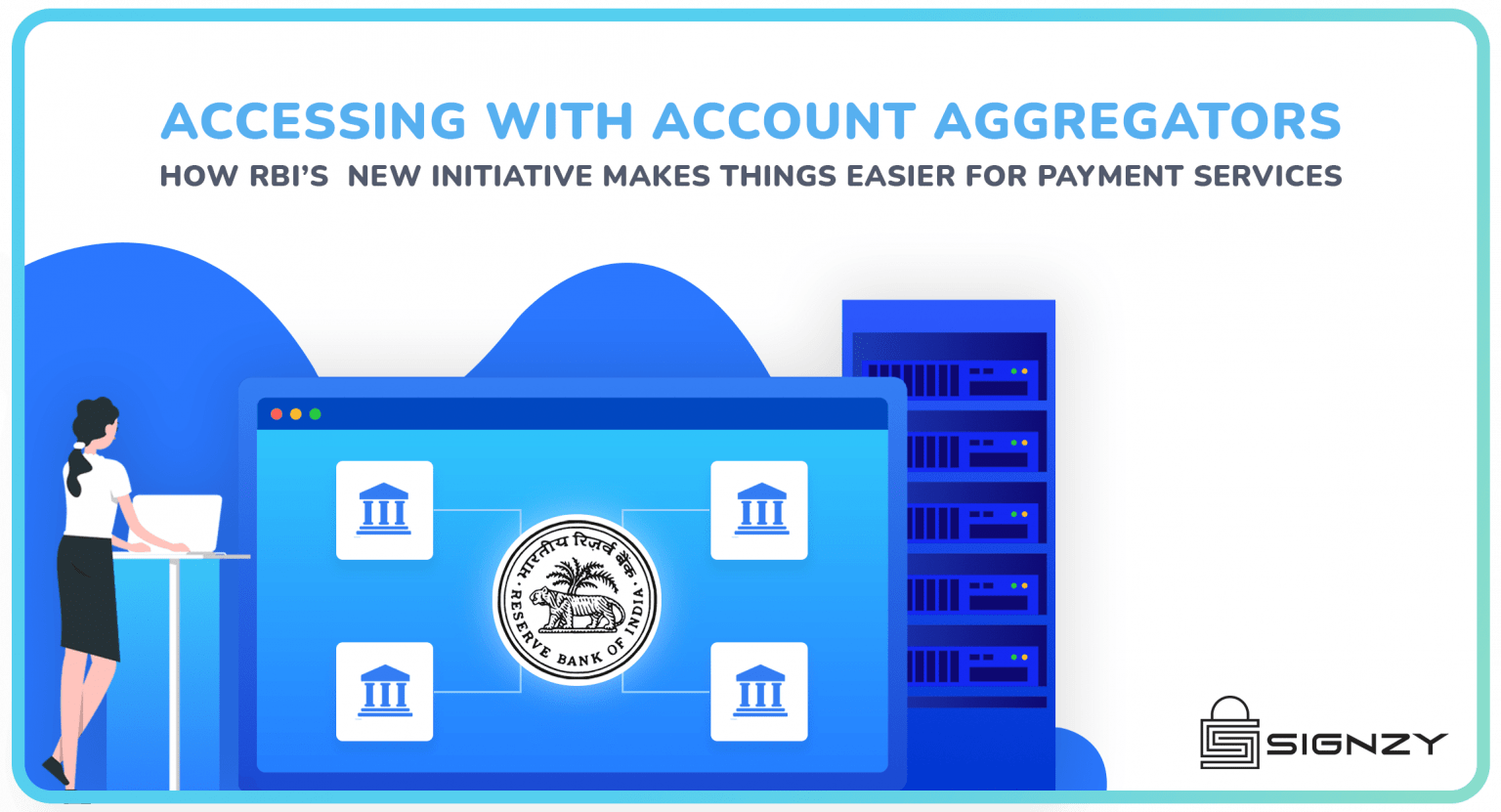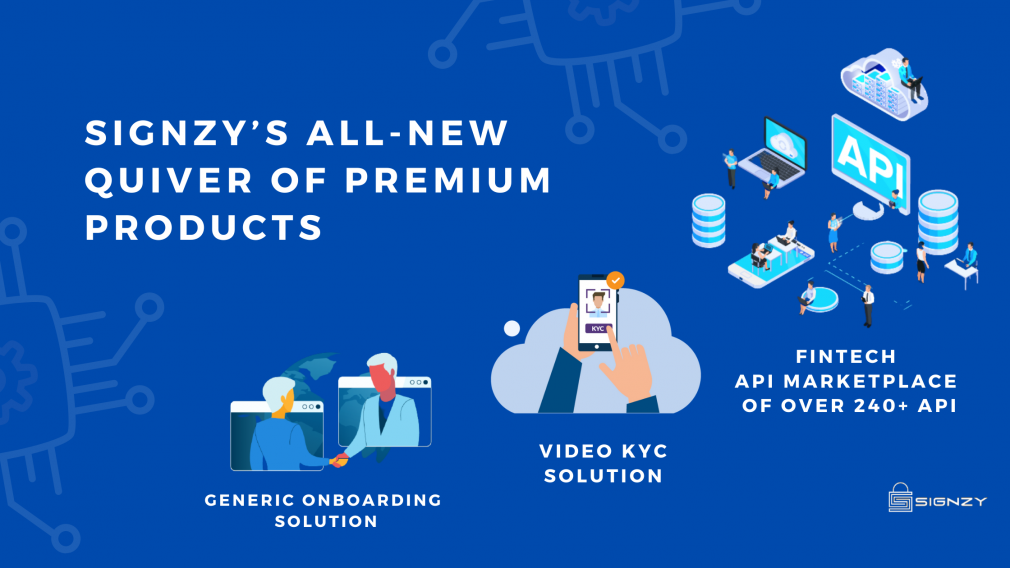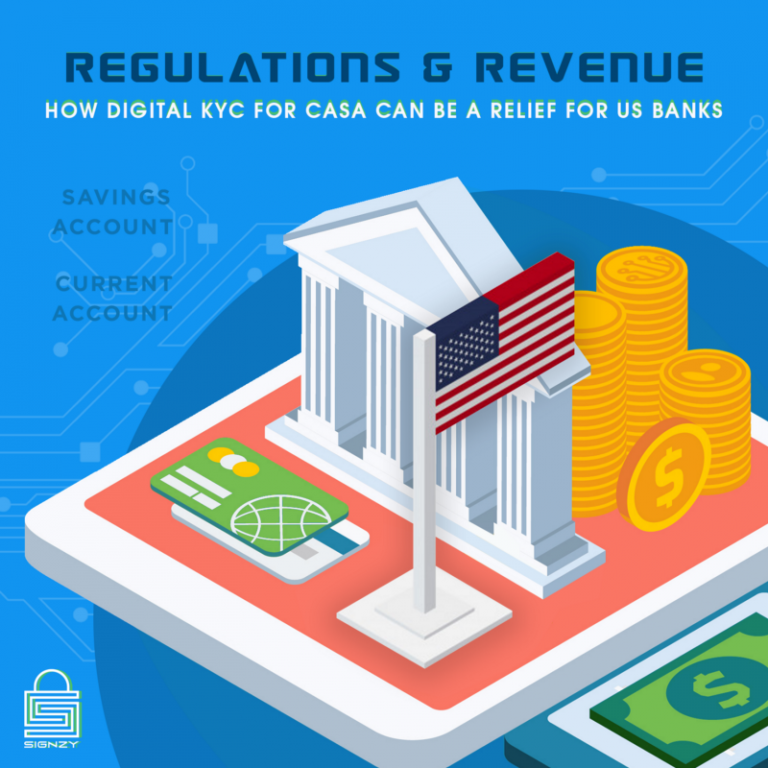In 2020 the world cryptocurrencies and blockchain market was estimated to be $1.49 billion. By 2030, it is expected to reach $4.94 billion, growing at a 12.8% CAGR from 2021 to 2030. Even with the current wavering scenarios, it is clear that they have an upward trajectory in the long run. Although cryptocurrencies haven’t achieved absolute consumer acceptance yet, there is little doubt that they will form an integral part of the financial ecosystem in the future.
Fintechs will likely be well impacted by multiple cryptocurrency availability and its adoption growth. Below we elaborate on how cryptocurrency, blockchain’s future, and the fintech industry are increasingly intertwined.
Decrypting Crypto
Cryptocurrencies are digital currencies not issued or regulated by any central authority, such as a federal or state government. Instead, they are generally stored in a more decentralized fashion. Some of these currencies, like Facebook’s Libra, are initially meant to be centralized, with long-term plans to be decentralized.
When a cryptocurrency is specifically decentralized (for example- Bitcoin), transactions are verified with the use of blockchain technology. Blockchain is a well-distributed, decentralized, accessible public ledger. In other words, it’s a public database of relevant digital information. Furthermore, the use of blockchain technology is a vitally secure mode of storing data as it is virtually near impossible to manipulate without significant detection.
Thus, cryptocurrencies are very secure virtual currencies with decentralized nature. As a result, they are not subject to government interference or regulation, as with traditional currencies.
Newer Fintech Industry Horizons With Cryptocurrencies
Cryptocurrencies are not well understood by the regular banking consumer residing in a country with a stabilized main currency. Therefore, unless the consumers are early adopters, they don’t have much incentive to primarily adopt crypto over the regular options and may even see the digital currencies as too risky.
However, cryptocurrencies are significantly more popular and have extensive adoption rates in regions of the world with multiple unstable currencies. A good example was when the bolivar experienced swift devaluation in Venezuela; many cryptocurrencies gained considerable access as a more stable and reliable option.
Cryptocurrencies are also specifically relevant to nearly 1 billion people across the globe. These people have mobile devices but may not have bank accounts. Being “unbanked,” they can’t use conventional financial products. But they can use those built on selected cryptocurrencies.
In both these cases, cryptocurrencies help open up newer markets where Fintechs find consumers who benefit from their products.
Better Money Transfers With Cryptocurrencies
One of the fintech consumers’ biggest complaints with conventional financial companies is the excruciatingly sluggish pace of transaction approval caused by the many layers of bureaucracy such approvals usually entail. Anyone who has tried to transfer money from one bank to another across borders is undoubtedly acquainted with how tiresome the process can be. Even transferring money between institutions in the same country is often riddled with delays and inefficiencies.
Because they are created on secure and decentralized public ledgers, cryptocurrencies can be taken back and forth much more swiftly than traditional currencies. This has the extra effect of considerably reducing transaction costs.
Transparency, speed, and convenience -are the cornerstones of any Fintech innovation, and cryptocurrencies are part of what makes it possible to create solutions based on the same principles.
Cryptocurrencies To Reduce Financial Fraud
Even as disruptors Fintechs face the exact issues around identity theft, fraud, and money laundering as any legacy financial company does, thwarting such hurdles is time-consuming, challenging, and labor intensive.
Because cryptocurrencies are created on distributed and decentralized ledgers, their specific transaction records are verified easily. Furthermore, provided the secure nature and use of blockchain technology, these particular records cannot be particularly manipulated or obscured, rendering fraud prevention a much less costly and tedious enterprise for Fintechs.
Fintech innovation has been an impactful disruptive force in the financial technology industry. Over the past decade, financial services and products have changed dramatically as Fintech solutions have offered consumers more appealing alternatives to traditional products.
Newer Paths In The Fintech Industry
In decades to come, cryptocurrencies will play a more significant role in forming emerging Fintech innovations by unlocking novel markets and supporting efficiency and convenience in all product offerings. However, it’s not just crypto that will transform the industry. Considering the rate at which innovation occurs in the fintech space, financial companies require the best products and services for their customers. It is vital to ensure that the customer is welcomed with a convenient yet secure onboarding experience. Check out Signzy’s AI-driven state-of-the-art customizable no-code resources to see what fits your needs.
About Signzy
Signzy is a market-leading platform that is redefining the speed, accuracy, and experience of how financial institutions are onboarding customers and businesses – using the digital medium. The company’s award-winning no-code GO platform delivers seamless, end-to-end, and multi-channel onboarding journeys while offering totally customizable workflows. In addition, it gives these players access to an aggregated marketplace of 240+ bespoke APIs that can be easily added to any workflow with simple widgets.
Signzy is enabling ten million+ end customer and business onboarding every month at a success rate of 99% while reducing the speed to market from 6 months to 3-4 weeks. It works with over 240+ FIs globally, including the 4 largest banks in India, a Top 3 acquiring bank in the US, and has a robust global partnership with Mastercard and Microsoft. The company’s product team is based out of Bengaluru and has a strong presence in Mumbai, New York, and Dubai.
Visit www.signzy.com for more information about us.
You can reach out to our team at reachout@signzy.com.
Written By:

Signzy
Written by an insightful Signzian intent on learning and sharing knowledge.
